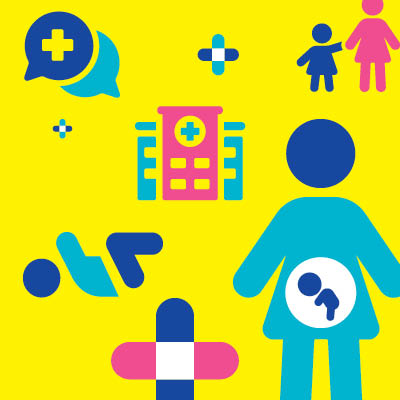The search for early signs of cognitive delay in children
2 min read - 18 May 2022

The problem
Children who are late to develop skills such as talking, spatial awareness and solving problems can quickly fall behind in school, with a longlasting impact on their education and even their health. Are there early signs when they are babies or young children that they could do with more support?
The project
In her third year of studying medicine, Louise Howe carried out statistical analysis of data gathered in the HRB-funded SCOPE and BASELINE studies to seek answers. She analysed a dataset of almost 3,000 children from birth to age five, to see if there were identifiable risk factors for cognitive delays.
The outcomes
The statistical study found that:
- Being male and a lower household income are predictors of delays in a child’s verbal ability
- Lower socio-economic status, type of accommodation and larger numbers of people in the household predict delays in a child’s non-verbal ability
- Type of delivery at birth, household income, immigration status and the mother’s level of education predict overall cognitive development.
Louise Howe, medical student at UCC, says:
“We wanted to see if there were factors that GPs and public health nurses could spot early on that increase the risk of a child developing cognitive delays, so the child could get more support if needed. I plan that when this study is published, I will present it at conferences and share it with the wider community in primary care.”
‘The search for early signs of cognitive delay in children ‘ is part of a wider collection of success stories across four themes from this year’s annual Health Research in Action. Download the full publication.
2 min read - 18 May 2022



